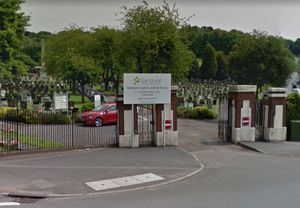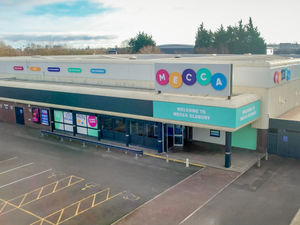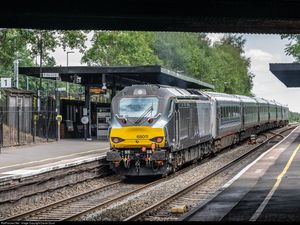Land earmarked for new cemetery close to Rowley Regis Crematorium
A huge new cemetery will be built opposite Rowley Regis Crematorium to provide much-needed new burial space, under plans set to go before councillors.

Planning officials are due to visit a vast site backing onto homes on Powke Lane, where council bosses want the new cemetery to be created.
The land, next to Powke Lane Industrial Estate, has been identified to provide burial space and is just a short distance from the crematorium, which recently underwent a £1.3 million revamp.
A new car park would also be created to serve the new cemetery.
Sandwell Council chiefs have been desperately searching for land to create burial space.
Planning committee members are due to visit the site next week and a decision on whether to give it the go-ahead is expected in early October.
However, the land, which is currently open green space, is popular with dog-walkers and its possible loss has sparked anger.
Documents submitted with the application said: “The current application is to change the use of part of Powke Lane open space to a cemetery and will include site remediation works, widening of the existing access of Powke Lane, erection of an office building with toilets and an operation yard, creation of a car park and associated works including CCTV, lighting and landscaping.”
Rowley Regis councillor Susan Eaves said she supported the cemetery plan.
She said: “We need a new cemetery. We will run out of space in a few years.
“I know there are a lot of people who are up in arms about it because they walk down there but we need to have it somewhere.”
Rowley Regis Crematorium, which is one of the main cemeteries serving the Sandwell and Dudley area, was modernised as part of a major facelift back in 2016.
Works included upgrading the chapel and the creation of a new reception area and car park.
The crematorium made national headlines last year when it became the first in the UK to launch no-flame cremations through a £300,000 eco-friendly machine, which used chemicals rather than fire.




